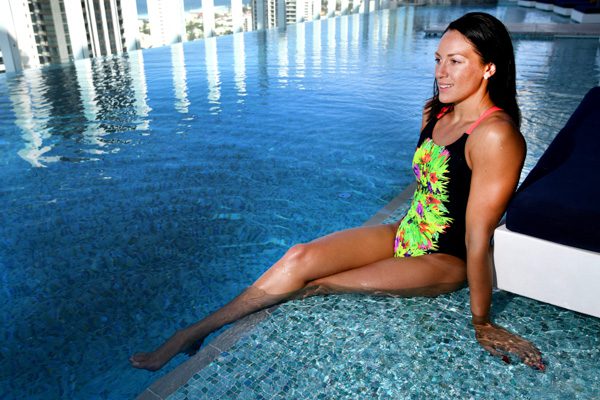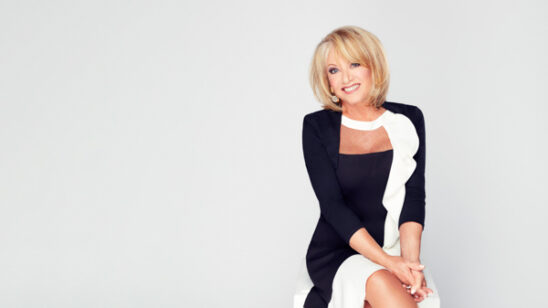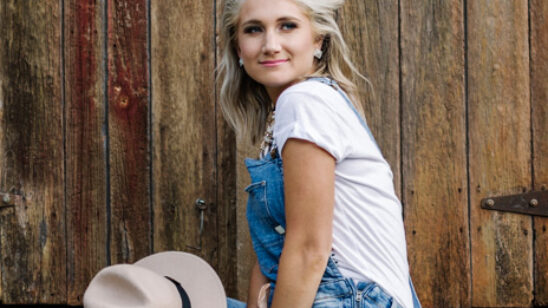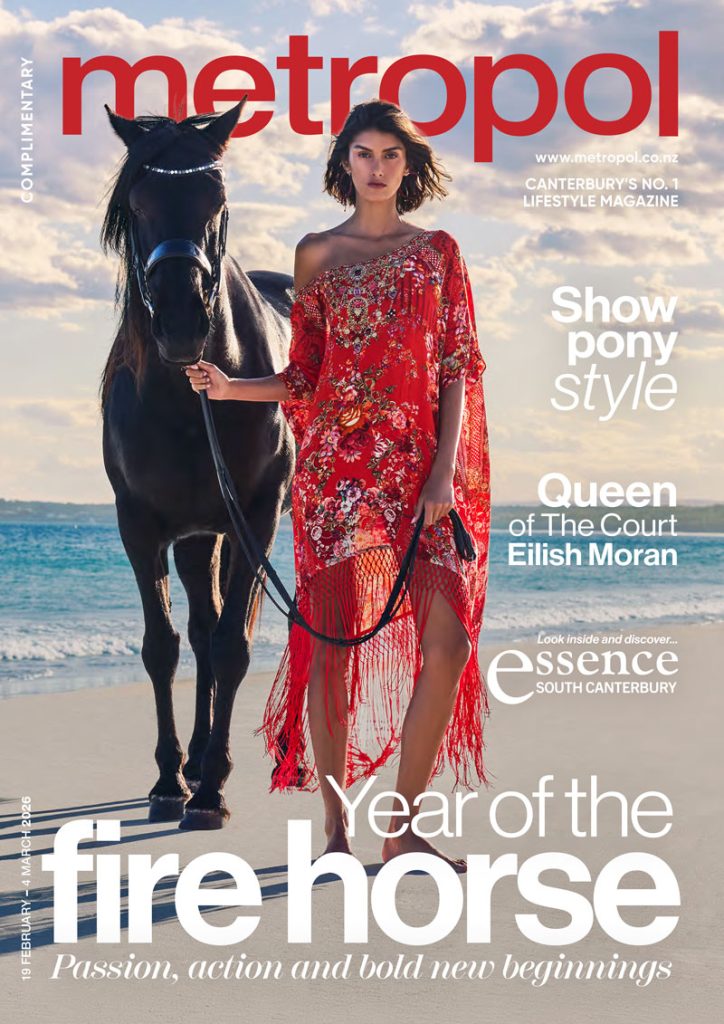
Canterbury’s Golden Girl: Q&A with Sophie Pascoe
Sophie Pascoe has taken adversity and turned it to gold. We catch up with the inspiring Canterbury medallist about finding your ‘why’ and making history.

You received an MBE when you were just 15 and continue to kick goals. How does it feel to be part of the history books as one of the country’s most successful women?
It’s humbling to be one of the country’s most successful women, by doing something I love every single day. I love what I do; I love the challenge and the thrill. To see me as one of the best in the country alongside some of the most incredible women; my disability hasn’t defined that. I’ve gone and done that myself.
When you’re young and have a goal to be the best in the world, you never really intend to create history with that. Now I want to be a successful female and leave a legacy, so others can see that if you put the hard work in, you can achieve.
You’re the proud winner of nine gold medals and six silvers across three Paralympic Games. What have been some of your most defining moments, not just as a sportswoman, but also as a person?
So many accidents happen on a daily basis that change lives forever. This definitely changed my family’s and my own. Every time I go out and achieve and have my family, in particular my dad, who was part of my accident, in the stand, seeing this typical Kiwi bloke who doesn’t share a lot of emotion, shed a tear, that’s my defining moment.
That two minutes up in the podium listening to the national anthem takes everyone back to the moment it started. I wouldn’t have had this life if it didn’t happen, but I don’t want to be defined by my disability.
Being a high achieving sportsperson not only requires the ability to push yourself physically, but also mentally. What has it taken to get where you are today?
It’s taken so much more than just myself to get there. People might see just me, but man do I have a support team around me!
There’s times I have to make – I don’t want to use the word ‘sacrifices’ – but there are decisions I have to make in order to make myself successful, even just whether to go out on a Friday or Saturday night, knowing how that’s going to impact the following day or week.
As an athlete, you have to think how you can be better than the rest of your competitors and remember what your ‘why’ is. Every day you get up and tell yourself ‘why’ you are doing this.
You have athletes that don’t make it and those who do; those who do are that special breed that questions themselves on every single move; they become perfectionists. It’s about routine but you’re still human, not a robot. There’s days you might fail, days you don’t ask why. You have to learn from that, come back the next day and do it better.
You’ve been taking a break to recover from an operation on your leg, how does it feel to be back in the pool?
A forced break is never treated as luxurious. It’s been challenging getting back in the pool. It’s been hard, it’s taxing on the body and mind trying to get your body back to a high standard. I love being back though. I know what my ‘why’ is and I’m back with my support team. It’s great, but it has been challenging. It’s always hard to come back into it after a bit of time off, but that’s a great challenge in being able to see the rewards of the hard work pay off – hat’s what makes training enjoyable.
How will the next two years look as you prepare for the world para-swimming championships in Kuching, Malaysia, next year and then Tokyo?
The World Champs in August is my pinnacle event for next year. It’s also the stepping stone leading into Tokyo in many ways, not just in qualifying, but seeing who is new coming into the sport. When you are the ‘expected’, retaining that is bloody hard. There’s always going to be those hunting the expected but it’s about being prepared for the ‘expected’. The next two years will be full on, but exciting to know time is ticking down towards Tokyo. I’m really looking forward to it.
How does a regular day in the life of Sophie Pascoe look?
I train a couple of times a day, swim sessions that are two hours in the morning, an hour and a half in the afternoon. I have a gym session x3 during the week, along with prehab (a personalised maintenance programme for athletes to prevent injury) every morning. I get the recovery in there by having a nap every day – that’s vital for an athlete, not luxurious. There’s some yoga in there and recovery physio and massage during the week as well..
Why do you think you’ve been able to be such an incredible success?
Again it comes back to the reason why. I have many whys – I love what I do, I love winning, I love making my parents proud and I love being something more than ‘the girl that’s missing a leg’. Those are pretty powerful impacts for the reason why I do this. Holding those close and making them work with my goal is what makes me successful. We learn from the times we fail and get back up. We, as a family, were struck with adversity at two and a half years of age. It’s about overcoming adversity and that’s how you find success.




